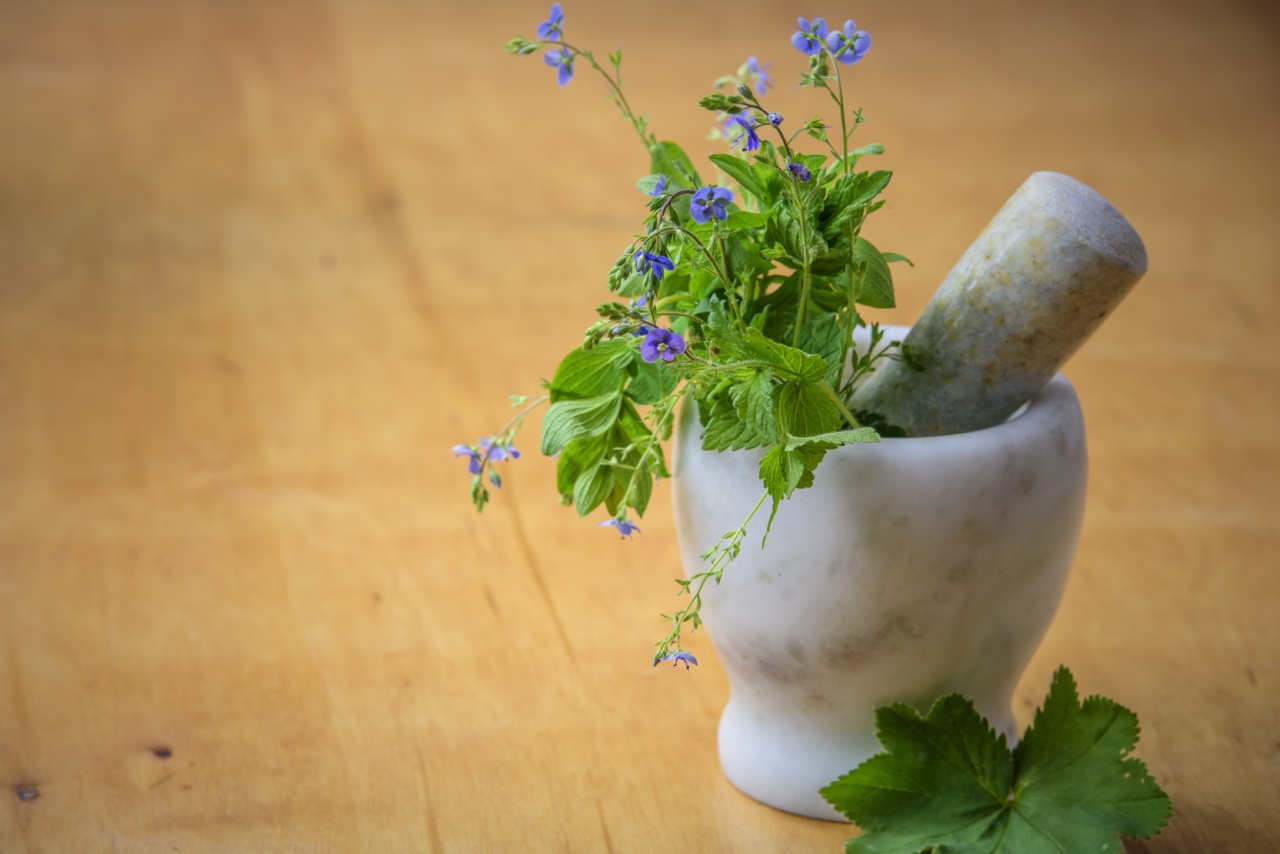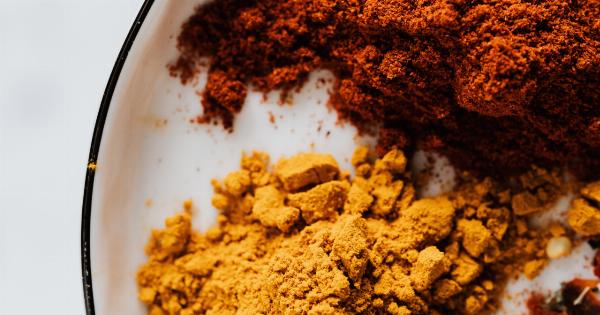Many couples struggle with infertility and turn to medical interventions such as in vitro fertilization or fertility drugs. However, there are natural fertility solutions available that may prove helpful.
One such option is the use of herbs to support the reproductive systems of both men and women. In this article, we will explore ten herbs that can be integrated into a fertility-boosting regime.
Maca Root
Maca root is a root vegetable native to the high Andes of Peru. It is a popular folk remedy for boosting energy, improving libido and fertility.
It contains amino acids, vitamins, and minerals that help support the endocrine system, which regulates the hormones that govern fertility and reproduction.
Red Raspberry Leaf
Red raspberry leaf is a uterine tonic that can help strengthen the uterus, making it more receptive to conception. It contains vitamins, minerals, and antioxidants that benefit reproductive health.
Red raspberry leaf can be taken as a tea or in capsule form, and is safe for use throughout pregnancy.
Vitex
Vitex, also known as chasteberry, is a popular herb for female fertility. It is believed to regulate the production of hormones that govern reproductive health, including the menstrual cycle.
Vitex is commonly used to treat irregular periods and to support ovulation. It can be taken as a tincture or in capsule form.
Black Cohosh
Black cohosh is a root native to North America, traditionally used by Native American tribes to support female reproductive health. It has been found to have estrogen-like effects on the body, helping to regulate hormonal balance.
It can be helpful for women with irregular periods or who experience symptoms of menopause, such as hot flashes and vaginal dryness.
Tribulus
Tribulus is often used in Ayurvedic medicine for male fertility. It has been found to improve sperm count and motility, as well as help regulate testosterone levels. Tribulus can be taken in capsule form or as a tea.
It may have mild side effects, such as stomach upset, and should not be used by women who are pregnant or trying to conceive.
Astragalus
Astragalus is an adaptogenic herb that helps strengthen the immune system and support reproductive health. It contains antioxidants that help protect the body from damage caused by free radicals.
It can be taken in tea or capsule form, and has been found to be safe for long term use.
Dong Quai
Dong quai is a Chinese herb that can help support female reproductive health. It has been found to have estrogen-like effects on the body, and is often used to support menstrual health and treat symptoms of menopause.
It can be taken in capsule or tea form, and should not be used by women who are pregnant or trying to conceive.
Ashwagandha
Ashwagandha is an adaptogenic herb that can help support male and female fertility. It has been found to improve sperm count and motility in men, and to regulate hormonal balance in women.
It can be taken in capsule or tea form, and has been found to be safe for long term use.
Saw Palmetto
Saw palmetto is a berry commonly used to support prostate health in men. However, it has also been found to improve male fertility. It can help improve sperm count and motility, and regulate testosterone levels.
Saw palmetto can be taken in capsule or tincture form, and has been found to be safe for long term use.
Ginger
Ginger is a spice that has a long history of use in traditional medicine. It can help improve circulation and reduce inflammation, which can be beneficial for reproductive health. Ginger can be taken as a tea or used in cooking.
Conclusion
Herbs can be a useful tool for couples looking to boost their fertility naturally. It is important to remember that not all herbs are safe for all individuals, and to consult with a healthcare provider before beginning any new herbal regimen.
Additionally, herbs may not be a substitute for medical interventions such as infertility treatments, but can be a helpful complement.


























